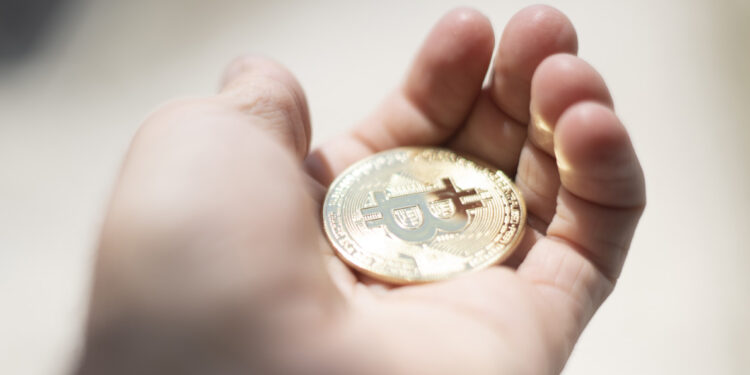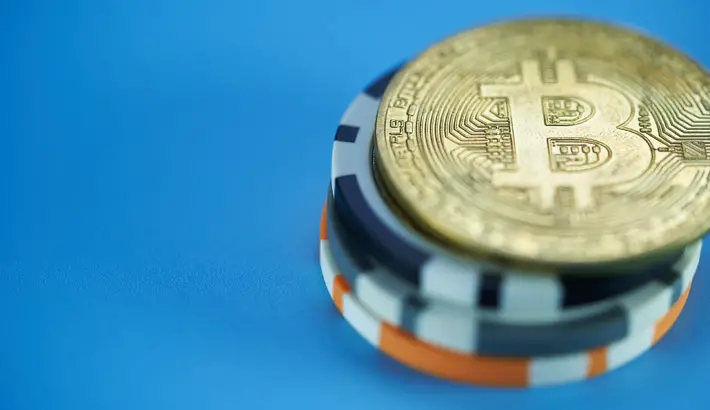What The UK Is Doing To Tackle Cryptocrime

UK Addresses Problems of Cryptocrime
What is Cryptocurrency?
Cryptocurrencies are digital currencies implementing blockchain technology. Cryptocurrencies are different in important respects. Foremost are:
• Cryptos are not issued by a central bank and therefore are not regulated.
• Crypto transactions are made by peer-to-peer communication rather than through a centralized system.
Cryptocurrencies are either purchased with another currency or created through a process of “mining”. Mining of a blockchain is the costly process employed by blockchain miners who create and verify blocks of transaction records and add them to an existing blockchain.
Why Is Crypto Vulnerable to Crime?
The crypto advantages of ease, privacy, secrecy, convenience, and speed of financial transactions are offset by vulnerabilities that are enabled by those features.
In a centralized system, financial transactions are transparent facilitating both regulation and crime prevention. Also, conventional currencies are physically stored and recorded so theft can be accounted for and controlled if not prevented.
Peer-to-peer communications of crypto transactions are not transparent assuring their privacy and secrecy. Cryptos are stored digitally so that they are susceptible to hacking and theft.
Types of Cryptocrime
With the remarkable appreciation of crypto investments, scams involving cryptos have increased at alarming rates. In the UK they increased almost 60% in 2020. Scams cost crypo investors £113 million and $14 billion in 2021.
Scammers fraudulently persuade unwary people to buy cryptos that don’t exist. The invisibility of cryptos and the secrecy of crypto transactions make it relatively easy to scam people and get away with it. Scammers go beyond just stealing cryptos. More sophisticated scams set up fake projects to invest in and convert the investors’ investment dollars or other currency into cyrptos.
Also, cryptos are utilized for money laundering. In 2021, criminals laundered $8.6 billion in cryptocurrency which was 30% more than 2020. Scammers and other criminals use crypto wallets to hide ill-gotten gains. Others include terrorist groups, human traffickers, ransomware attackers, etc. They launder those gains by using dollars or other currencies that they criminally receive to buy cyrptos and hold them in secret crypto wallets.
Money laundering with crypto breeds another level of criminality. Criminals need access to exchanges that will convert their money to cryptos. Legitimate exchanges are not prone to get involved. So criminal exchanges have been set up to serve the criminals.
What Is The UK Doing About It?
The UK government is taking steps to combat cryptocrimes. In January 2022, parliament formed The Crypto and Digital Assets Group to consider legislation to regulate and control cryptocurrency and crypto finance. The UK will also seek more international cooperation of law enforcement agencies.
Their first focus is on crypto advertising. Legislation is proposed to force cryptocurrencies and crypto services to adhere to the same laws applicable to all financial services.
They are also implementing increased enforcement of tax laws that require crypto trades to pay capital gains tax.
Crypto exchanges are getting much scrutiny. Crypto exchanges must now register with and be licensed by the Financial Conduct Authority (FCA). To maintain their license they must comply with the Money Laundering, Terrorist Financing and Transfer of Funds Regulations.
Summary
Crypto trading, a practice only 13 years old, is booming. But it is a complex business. Novices are attracted by the much advertised opportunities for a quick buck.
Also, criminals are taking advantage of many features of the decentralized crypto system. The UK government is concerned and taking steps to protect consumers and fight cryptocrime.










